
Brazilian businesses look to expand halal food exports to Arab countries, Islamic communities
The Halal Brazil project — launched by the Arab Brazilian Chamber of Commerce and the Brazilian Trade and Investment Promotion Agency, known as ApexBrasil — aims to incentivize food and beverage companies in the country to get halal certifications and export to the Muslim world.
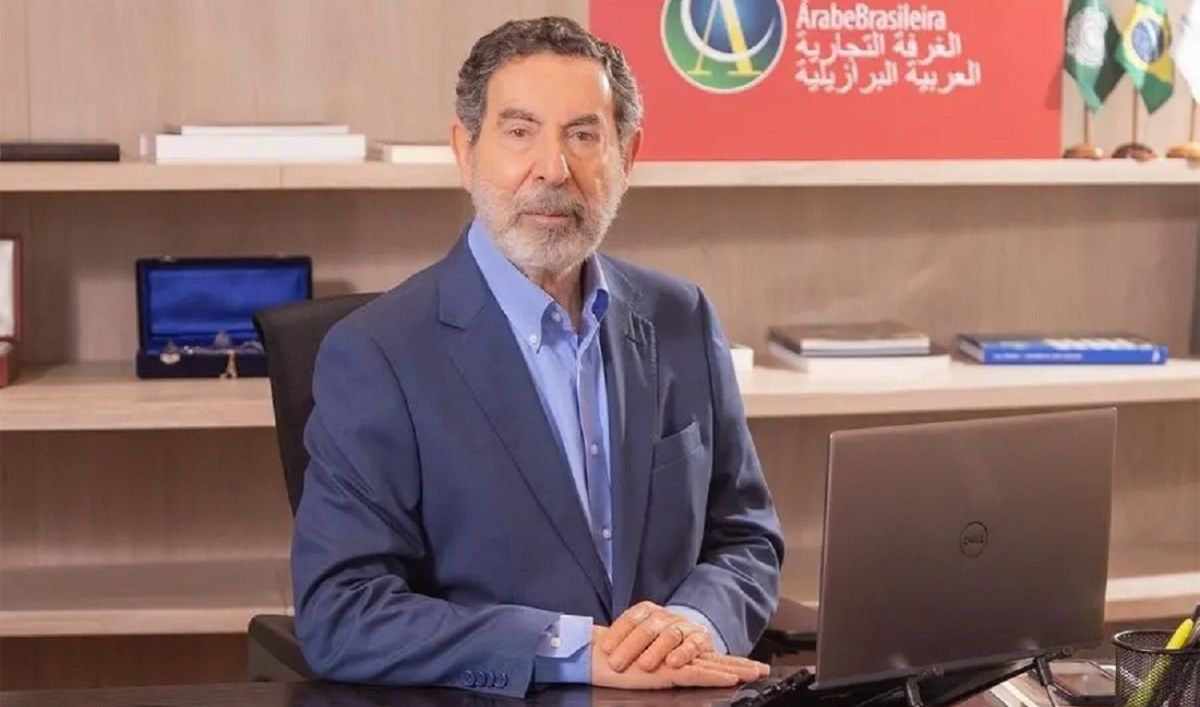 Osmar Chohfi, president of the Arab Brazilian Chamber of Commerce.
Osmar Chohfi, president of the Arab Brazilian Chamber of Commerce.
The project will reach at least 500 small and medium-sized enterprises, and inform them of the benefits of seeking a halal certification and entering Muslim markets worldwide.
“Animal protein exports to the Muslim world constitute a success story in Brazil,” Silvana Scheffel Gomes, head of marketing at the Arab Brazilian Chamber of Commerce, told Arab News.
“Although we aren’t a Muslim country and only have a small Islamic community, our businesspeople made an effort to qualify their companies to get into those markets. Inspired by that example, we now want to broaden our exports and take more Brazilian food products to Muslim nations.”
Nuts, dairy products and fruit are among the items that could be exported by Brazilian companies, she said.
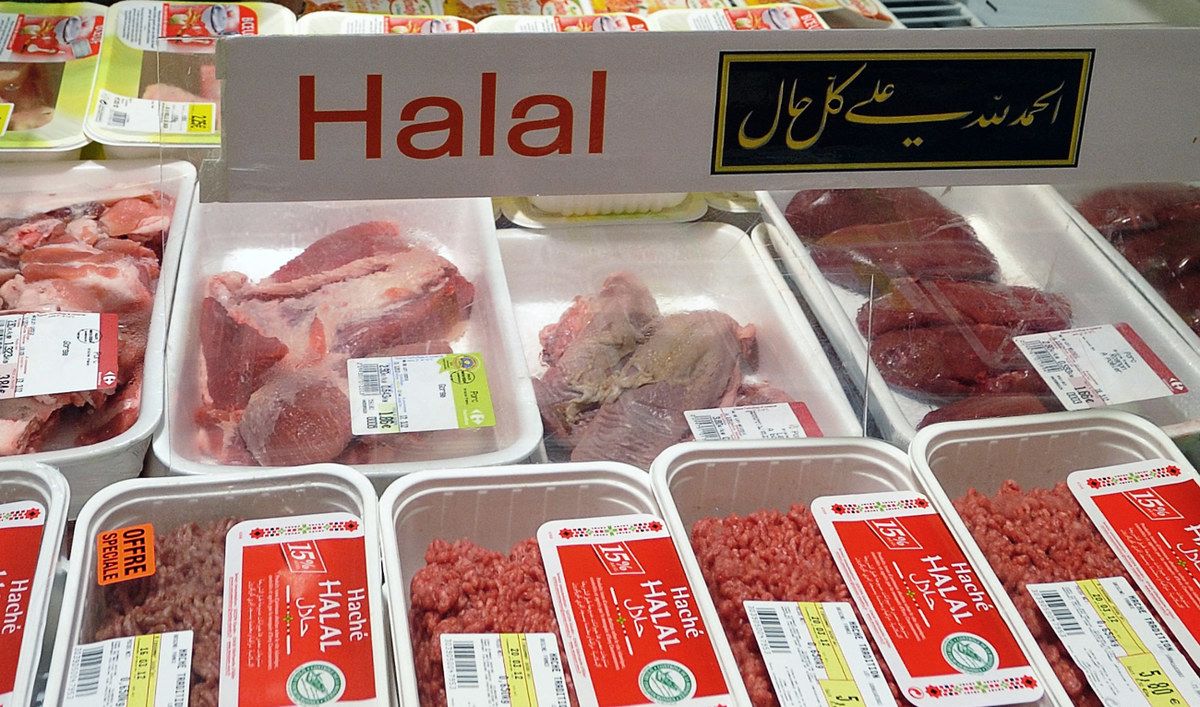 The Halal Brazil project will reach at least 500 small and medium-sized
enterprises, and inform them of the benefits of seeking a halal
certification and entering Muslim markets worldwide.
The Halal Brazil project will reach at least 500 small and medium-sized
enterprises, and inform them of the benefits of seeking a halal
certification and entering Muslim markets worldwide.
Over a period of two and a half years, the project’s participants will learn about Muslim markets and halal certification. The companies that decide to seek a certification will be helped by the project organizers, with up to half the costs being paid by the program.
“We’ll also help some companies take part in promotional activities, including international fairs and exhibitions,” Deborah Rossoni, a foreign trade analyst at ApexBrasil, told Arab News.
“Small companies usually can’t attend events abroad, so it’s important for us to allow them to do so.”
Ignorance about the potential of Muslim markets and the halal certification process still prevails among most SMEs in Brazil, said Rossoni.
“Many people think it’s complicated to fulfill the requirements and obtain a halal certification. At times, a company will have to invest in new equipment in order to comply with halal demands, but it may be the case of only dividing production lines, for instance,” she added.
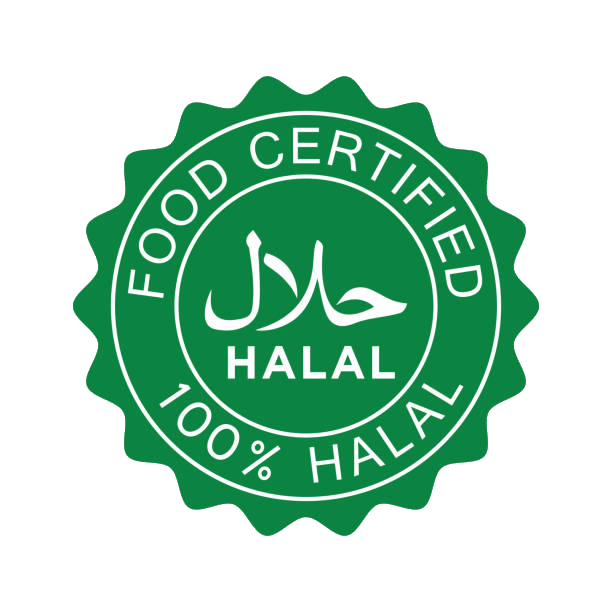
Ahmad Saifi, director of Cdial Halal — a major certifier in Latin America — told Arab News: “More and more Brazilian fish-farming companies have been looking for a certification. The Muslim consumer certainly prefers certified products.”
Saifi said fish producers have recently begun to attend international exhibits in the Muslim world, and felt that both tilapia and native species such as the freshwater tambaqui and pirarucu fish are drawing the attention of Muslim importers.
“That segment is starting to look to international markets, and has a good opportunity to sell its premium products abroad,” he added.
Caxias, a tilapia producer in the Brazilian state of Parana, is one of the companies that recently obtained a halal certification.
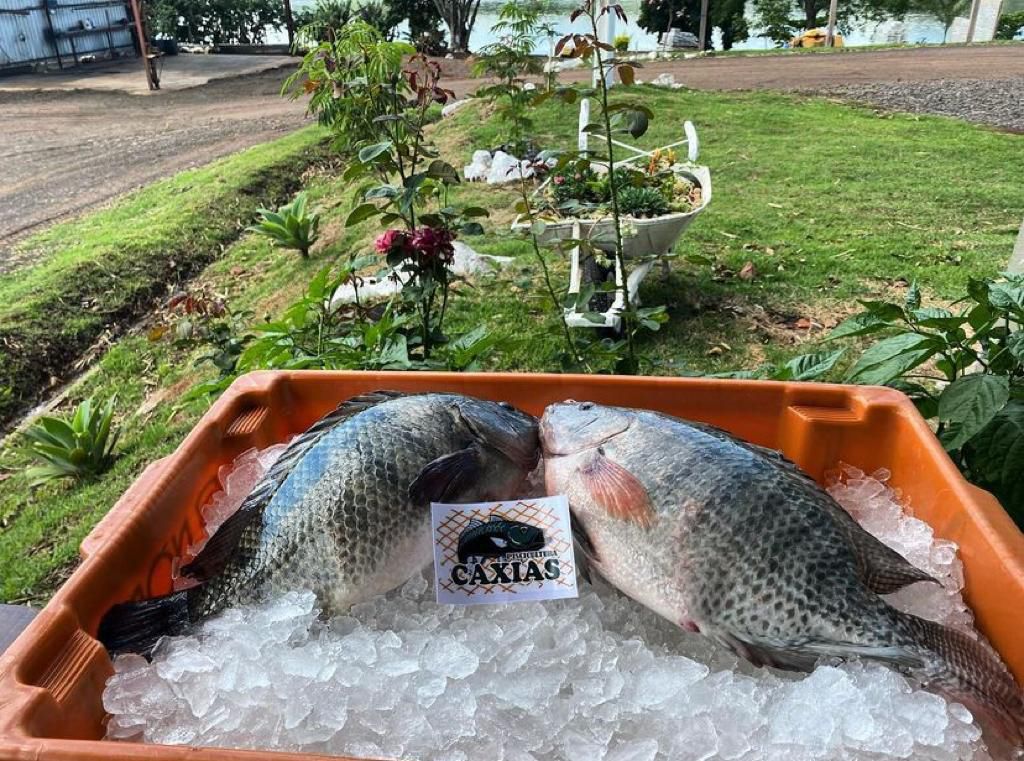 For Caxias fish farm, obtaining a halal certification was not a complex process, according to its owner Jean Carlo Kuligowski.
For Caxias fish farm, obtaining a halal certification was not a complex process, according to its owner Jean Carlo Kuligowski.
According to Caxias owner Jean Carlo Kuligowski, one of the company’s providers visited Expo 2020 in Dubai and noticed the potential of Brazilian fish in the Muslim world. “We were advised by them to try and get a halal certification, and we decided to do it,” he told Arab News.
It was not a complex process for Caxias. Production is concentrated at a farm with no other animal species — something that would have required more significant adaptation.
“We already adopted several sanitary protocols and had our processes fully documented. No great changes were needed,” Kuligowski said, adding that Caxias obtained a halal certification last August. Now, the packing company that receives its fish is also working to get a certification. “We’re planning to export to Dubai at first, reaching other Muslim markets from there,” he said.
Kuligowski already feels that the certification is paying off. “The certificate shows that we have a high-quality product, something that’s helping our business in the domestic market. I’d recommend it to everyone,” he said.
Certifiers such as Cdial Halal are also taking part in Halal Brazil. Their role is to provide useful information to SMEs and help them navigate the decision-making process.
“Brazil is a gigantic halal exporter, but large companies dominate most sales. We must not only improve our commercial presence in the Muslim world, but also introduce more sophisticated products,” Saifi said, adding that this has already begun. Acai berries, for instance, are now readily available in the Arab world.
“In Dubai and elsewhere in the Middle East, Brazilian jiu-jitsu is widely taught in gyms and schools. In Brazil, the jiu-jitsu culture involves the consumption of acai due to its high energetic value. The same thing is happening there (in the Middle East),” Saifi said.
Versions of processed acai are increasingly being exported to the region — not only the raw material, but items with added value, he said, adding: “That’s the kind of movement we must seek now.”
Rossoni agrees, saying exports of commodities have been tremendously important for Brazil’s economy, but the country can now prioritize “products with added value, including processed meat items and beverages.”
She added: “Offering the final products under our own brands can certainly generate great results.”
Gomes said a new edition of Halal Brazil could focus on other segments such as pharmaceuticals and cosmetic products.
“We’re already working with the participants, and later this year we’ll take some of them to fairs in the Middle East,” she added.
Brazil’s exports to the Arab world reached $17.74 billion in 2022, according to recent reports released by the Arab Brazilian Chamber of Commerce.
Products such as cane or beet sugar and chemically pure sucrose in solid form were the top products exported to the Arab world, totaling $3.4 billion in 2022. Meat and poultry, both fresh and frozen, followed closely behind, amounting to $3.164 billion.
This was followed by iron ores and concentrates including roasted iron pyrites worth $2.9 billion, maize or corn worth $2 billion, soybeans worth $1.1 billion, and frozen meat of bovine animals worth $805.6 million.
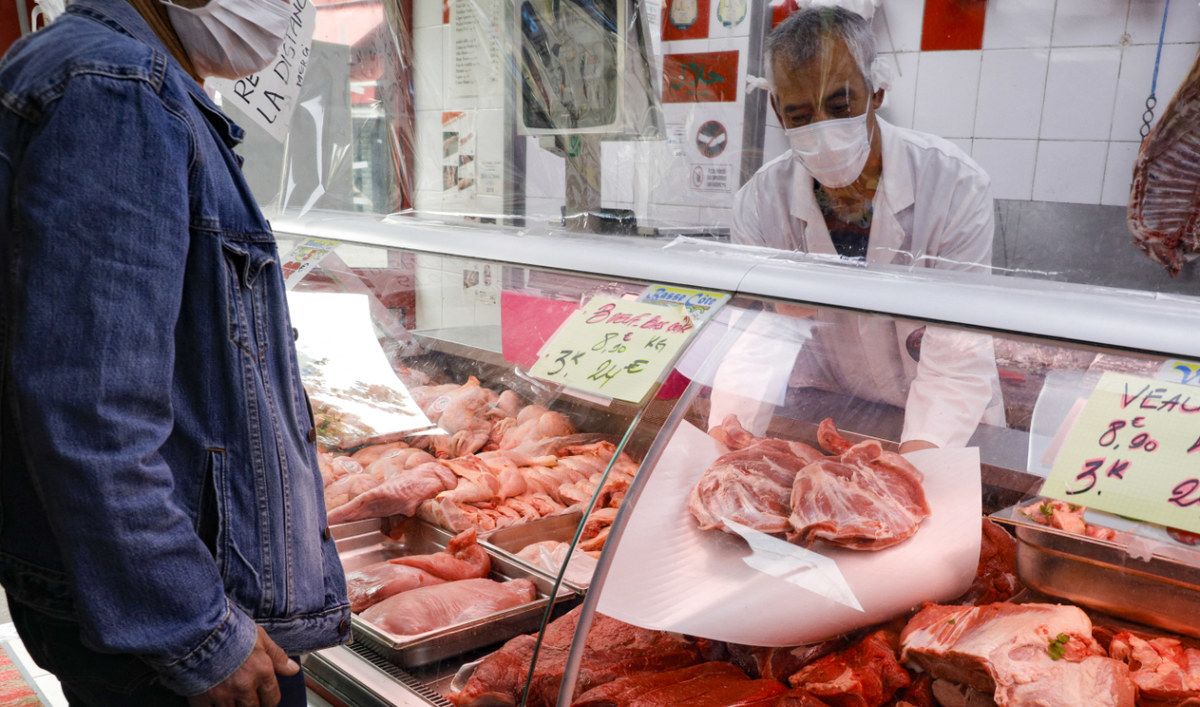 Companies that decide to seek a halal certification will be helped by
the Halal Brazil project organizers, with up to half the costs being
paid by the program.
Companies that decide to seek a halal certification will be helped by
the Halal Brazil project organizers, with up to half the costs being
paid by the program.
In June last year, the Council of Saudi Chambers announced the formation of the Kingdom’s side in the Saudi-Brazilian Business Council and the nomination of its executive committee members, headed by Mishaal bin Hathleen and his two deputies Waad Abu Nayan and Badr Al-Busais.
Food security, air and sea logistics, energy, industry and defense are seen as particularly strong areas of future cooperation.











